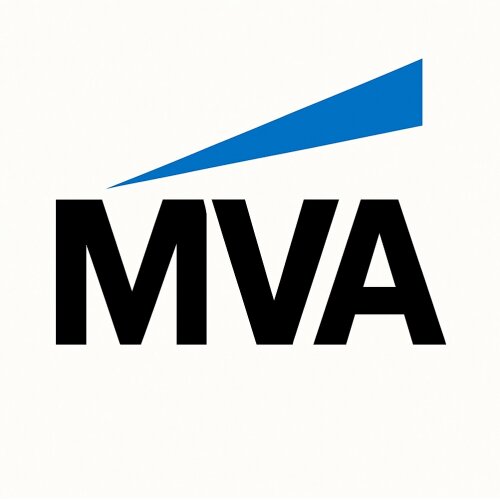Best Adoption Lawyers in Durban
Share your needs with us, get contacted by law firms.
Free. Takes 2 min.
Free Guide to Hiring a Family Lawyer
List of the best lawyers in Durban, South Africa
About Adoption Law in Durban, South Africa
In Durban, South Africa, adoption law is regulated by the Children's Act No 38 of 2005. The Act stipulates safety, protection, and the promotion of well-being as fundamental rights for all children. Accordingly, any person may adopt a child, including married couples, single people, and same-sex couples. This system is overseen by the Department of Social Development. The process involves comprehensive assessments, lengthy paperwork, and careful consideration to ensure the welfare of the child involved.
Why You May Need a Lawyer
Lawyers are essential in situations where adoptive parents are navigating complex legal processes. You may require an adoption lawyer to help with understanding relevant legislation, completing application forms, negotiating with child welfare service providers, and representing your interests in court. Lawyers can also provide essential advice on parental rights and responsibilities and help to expedite the adoption process.
Local Laws Overview
Key aspects of Durban's adoption laws include mandatory screening, evaluations and counseling for prospective adoption parents. There are age stipulations, where the adoptive parent must be 18 years or older and be at least 10 years older than the child. Married couples must apply jointly and single parents, widowed or divorced individuals can also apply. Also, the biological parent or guardian's consent is generally required, unless they have abandoned the child, are mentally unfit, or pose a risk to the child. After adoption papers are finalized, the adoptive parents assume all legal rights and responsibilities of the child.
Frequently Asked Questions
Who can legally adopt a child in Durban?
Any person who meets certain criteria as stipulated by the Children’s Act can adopt in Durban. This includes single individuals, married couples, and unmarried couples, regardless of their sexual orientation.
Are there age restrictions for adoptive parents?
Yes, an adoptive parent must be at least 18 years old and be a minimum of 10 years older than the child they wish to adopt.
What is the role of the child’s biological parents in an adoption process?
Under normal circumstances, the child’s biological parents must consent to the adoption. However, in certain circumstances, such as if the parents have abandoned the child or pose a risk, their consent is not required.
What are the rights of adoptive parents?
The adoptive parents assume all rights and responsibilities for the adopted child once the adoption is finalised, just as if the child was their own biological child.
How long does the process take?
The process can take several months or even years, depending on circumstances like consent from biological parents, court reviews, and paperwork completion.
Additional Resources
Potential adoptive parents can seek assistance and gather more information from local non-governmental organizations (NGOs), adoption agencies, as well as the Department of Social Development and the Office of the Family Advocate who both offer support services for those seeking to adopt.
Next Steps
If you need legal assistance in adoption, your initial action should be to engage with a lawyer well-versed in South African adoption law. The attorney will help you understand the process, rules, regulations, and your rights, guide you through the necessary paperwork, court procedures, and facilitate communication with the concerned government bodies.
Lawzana helps you find the best lawyers and law firms in Durban through a curated and pre-screened list of qualified legal professionals. Our platform offers rankings and detailed profiles of attorneys and law firms, allowing you to compare based on practice areas, including Adoption, experience, and client feedback.
Each profile includes a description of the firm's areas of practice, client reviews, team members and partners, year of establishment, spoken languages, office locations, contact information, social media presence, and any published articles or resources. Most firms on our platform speak English and are experienced in both local and international legal matters.
Get a quote from top-rated law firms in Durban, South Africa — quickly, securely, and without unnecessary hassle.
Disclaimer:
The information provided on this page is for general informational purposes only and does not constitute legal advice. While we strive to ensure the accuracy and relevance of the content, legal information may change over time, and interpretations of the law can vary. You should always consult with a qualified legal professional for advice specific to your situation.
We disclaim all liability for actions taken or not taken based on the content of this page. If you believe any information is incorrect or outdated, please contact us, and we will review and update it where appropriate.
















